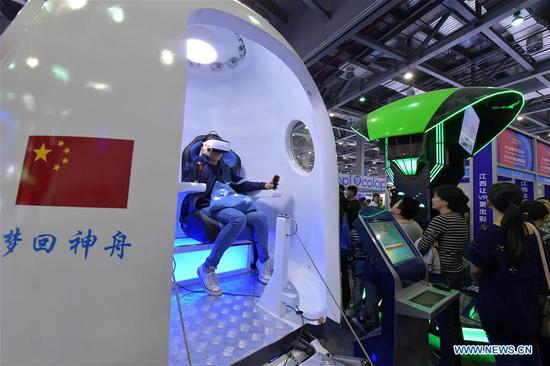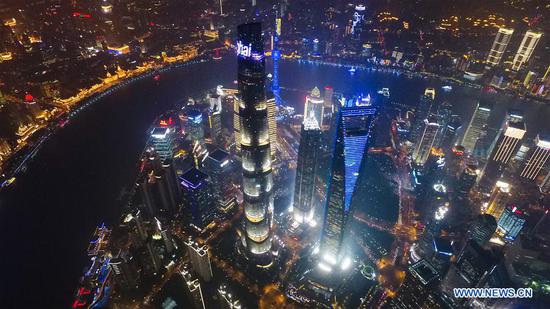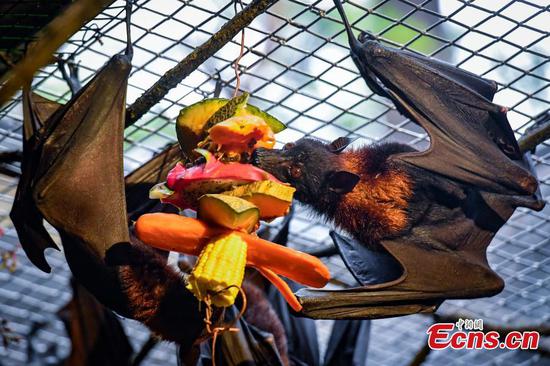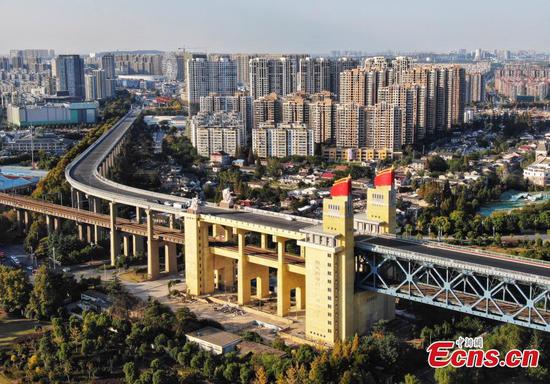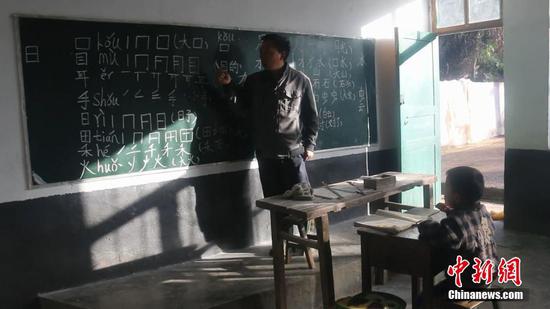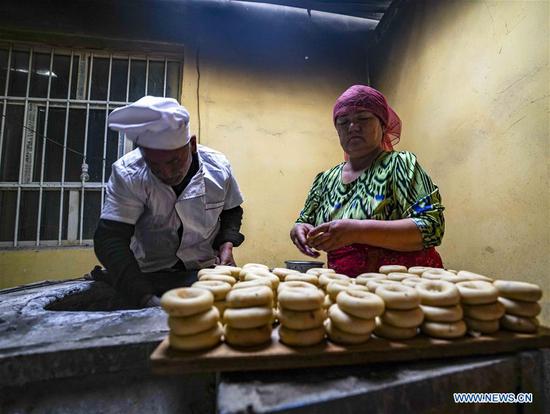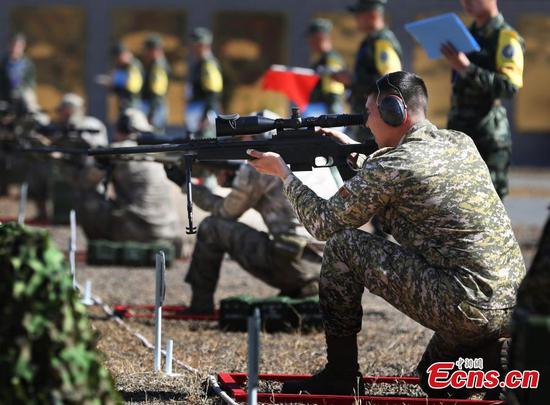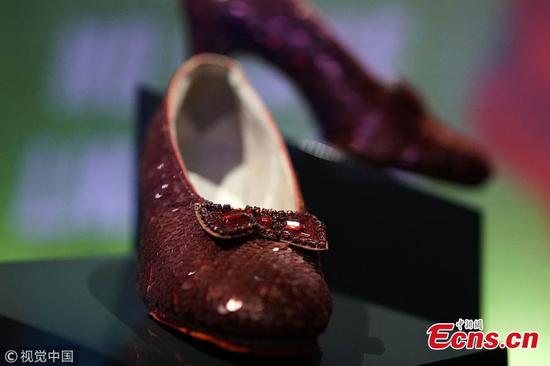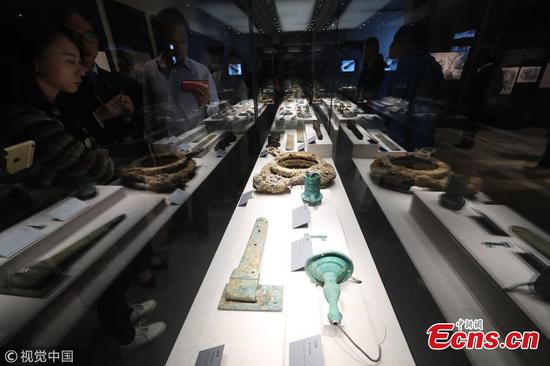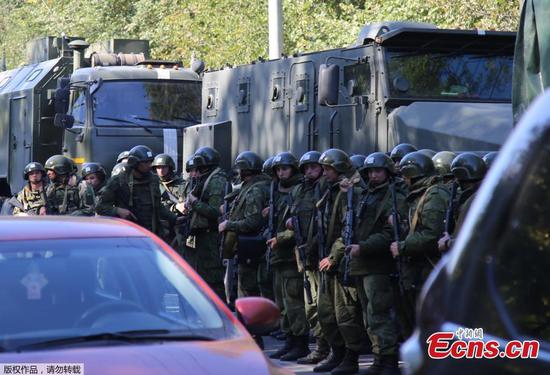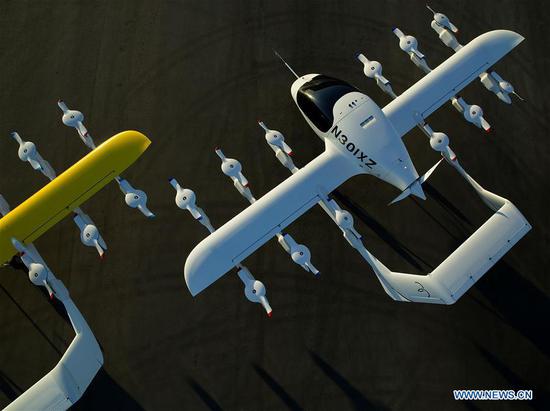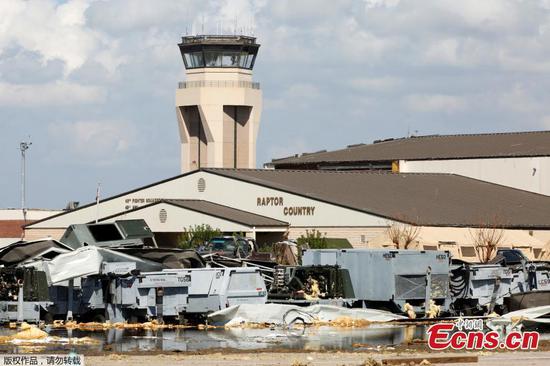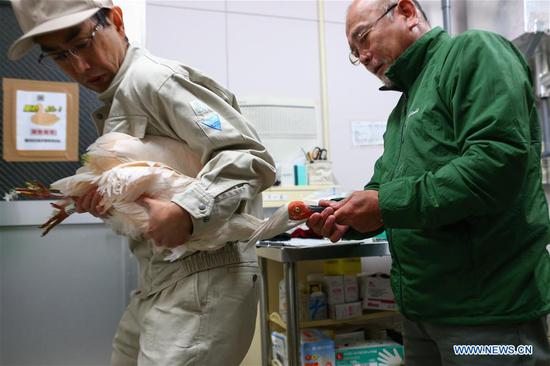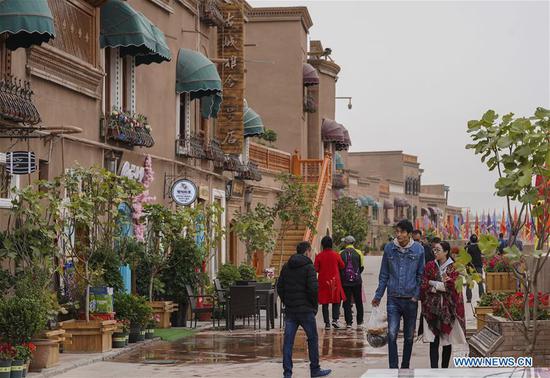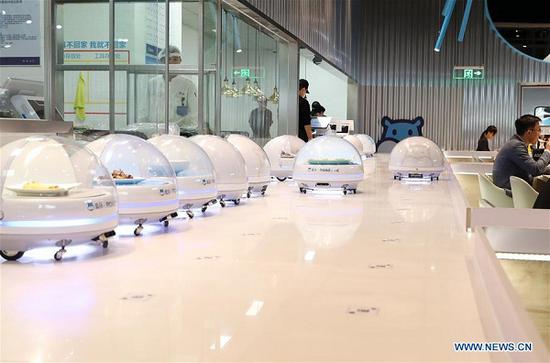
AGV (automated guided vehicle) robots line up to serve food to customers in a smart restaurant operated by Chinese e-commerce giant Alibaba at the National Exhibition and Convention Center in east China's Shanghai, Oct. 15, 2018. (Xinhua/Fang Zhe)
Robotics and data technologies have given catering facilities a digital makeover at the National Exhibition and Convention Center, the host venue for the upcoming China International Import Expo in Shanghai.
Hema Fresh, the supermarket chain of internet behemoth Alibaba Group, will be officially opening a robot canteen inside the exhibition center on Nov 5, showcasing a bevvy of new technologies being applied to the catering sector.
Diners first place their orders and pay for them using Hema's dedicated app. The system will then assign each diner a designated seating area before robots are dispatched to deliver the dishes.
The robot canteen is powered by several technologies including radio-frequency identification (RFID). Through this technology, each dish and its processing time is recorded and tracked to ensure unified standards, said Liu Min, a senior logistics expert at Hema.
"The system can also help restaurant owners optimize kitchen operations by ironing out glitches during certain phases in a very precise manner," said Liu.
The canteen will allow visitors from around the world to experience the New Retail concept put forward by Alibaba, which revolves around revamping traditional physical retail, said the store's chief Weng Wei.
Weng pointed out that Hema is also the only caterer among the 80 providers that would provide food delivery at the expo — merchants and visitors alike can arrange to have their meals delivered to designated lockers in the exhibition site through a few taps on their mobile phones. Delivery time is estimated to be around 30 minutes.
Established in 2016, Hema is seen as the testing ground for Alibaba's New Retail concept. With each store doubling as a warehouse, Hema allows both in-store and online shopping and features the use of technologies to predict sales, manage inventory and dispatch parcels.
The latest robot canteen is powered by the same technologies adopted in Hema's other stores across the nation. These technologies include big data analysis, computing capabilities and algorithms to calculate the best route to maximize delivery efficiency.
Apart from the canteen, Hema also runs a supermarket, which, together with the canteen, will occupy a combined area of 3,000 square meters. Boasting a SKU (stock keeping unit) of 2,000, the store will offer fresh seafood as well as imported food and beverages, said Wang Haoyang, head of government relations of import and export business at Tmall Global, Alibaba's dedicated channel for cross-border e-commerce.
"The store serves both functional and show-room purposes," said Wang. "We plan to reach more procurement deals with foreign merchants through the event and better satisfy the appetites of the Chinese consumers."
Thanks to growing levels of disposable income, Chinese consumers are attaching greater importance to the shopping experience today, and the inclusion of the robot element in traditional canteens will serve to enhance dining experiences, in turn unlocking huge consumption potential, said Lao Guoling, director of the E-commerce Research Center at Shanghai University of Finance and Economics.









